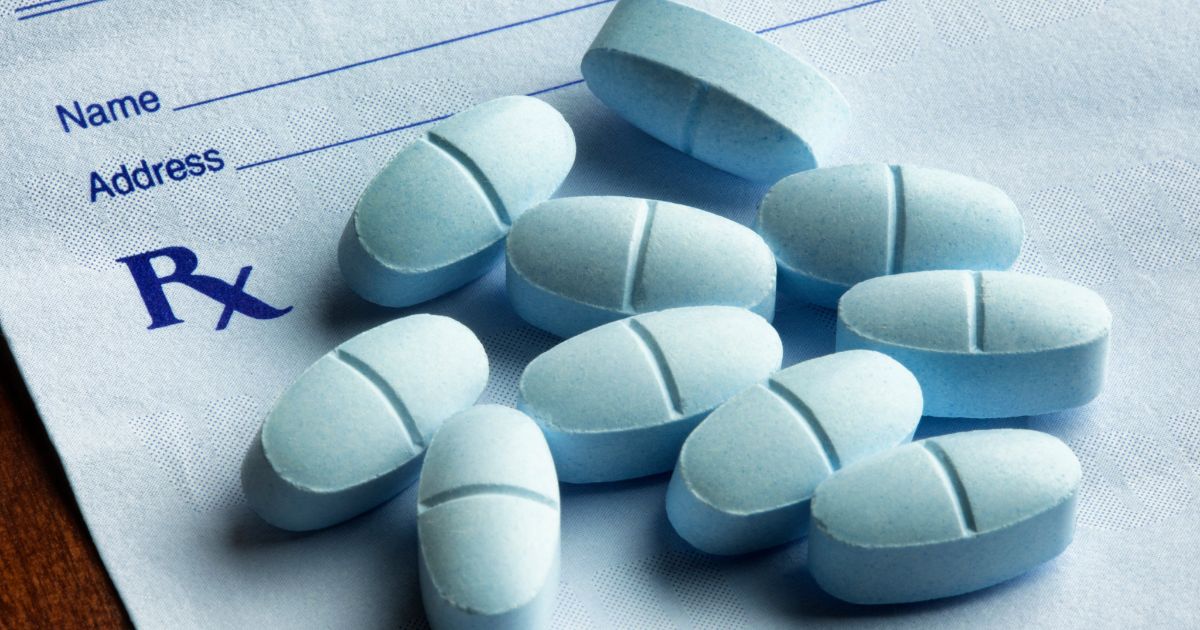Options For Treating Liver Disease & Liver Damage
Liver damage and liver diseases occur for several reasons. Symptoms of liver disease include weakness, fatigue, unexplained weight loss, nausea, vomiting, and jaundice, which is a yellowing of the skin. The skin and the whites of eyes become yellow because of an elevated level of bilirubin in the bloodstream. An individual may also experience pain in their upper left quadrant of their abdominal area. Unfortunately, these symptoms don’t always occur until the later stages of liver disease. Routine testing via a complete blood count and liver function tests done annually can help patients and their doctor monitor liver health. If liver damage is suspected, doctors can also analyze tissue or use technology such as an MRI, CT scan or ultrasound to get a closer look at the liver too. Several options for treating liver damage and liver disease exist and will be discussed further below.
Losing Weight

Excess weight gain causes stress on the entire body, including the liver. Losing weight relieves this excess stress and allows the liver to function more smoothly. The liver remains the primary organ for burning fat/ It also regulates fat metabolism and pumps excess fat out of the body. A diet high in fiber will not only clean out the colon but also enable the liver to remove fat from the gut and keep fat from building up in the walls of blood vessels. If the liver isn’t functioning correctly, patients may start to accumulated fatty deposits and cellulite on the buttocks, abdomen around the liver, and other parts of the body. If patients have significant fat around their belly and have a hard time getting rid of it, the liver may be unable to dispose of the fat around it. Once the liver starts working more efficiently, the fat around the belly should reduce, and less stress will be placed on the liver to function properly.
Continue reading to learn more about how to treat liver disease and liver damage now.
Medications Used

A healthy liver breaks down what we consume orally and helps the body process that material. Many medications are perfectly safe for individuals to take without causing damage to the liver, yet other medications can cause liver damage if taken in large amounts frequently. If an individual is required to take a pill that can cause liver damage, their doctor may recommend they be tested for liver damage frequently in case a medication change is needed to prevent further physical damage to the liver. One of the medications available that might cause liver damage when taken in excess and over long periods is acetaminophen. When it comes to medication, patients should always use the smallest dosage necessary to get pain relief. Cholesterol drugs such as statins may also be hard on liver health. Be sure to let your doctor know if you have liver problems before you take a prescription that contains a statin for lowering cholesterol.
Get to know the next method of treating liver disease and liver damage now.
